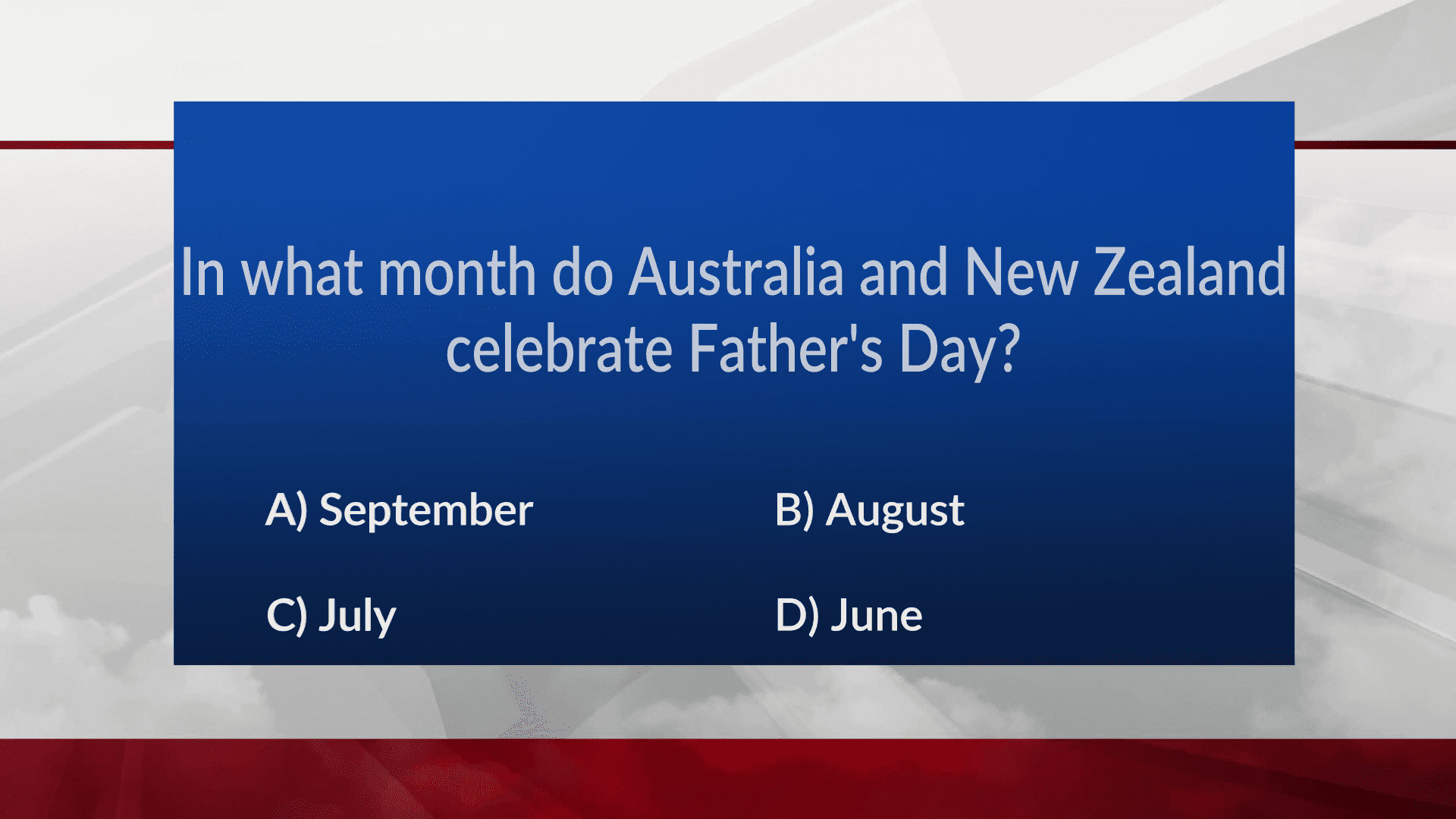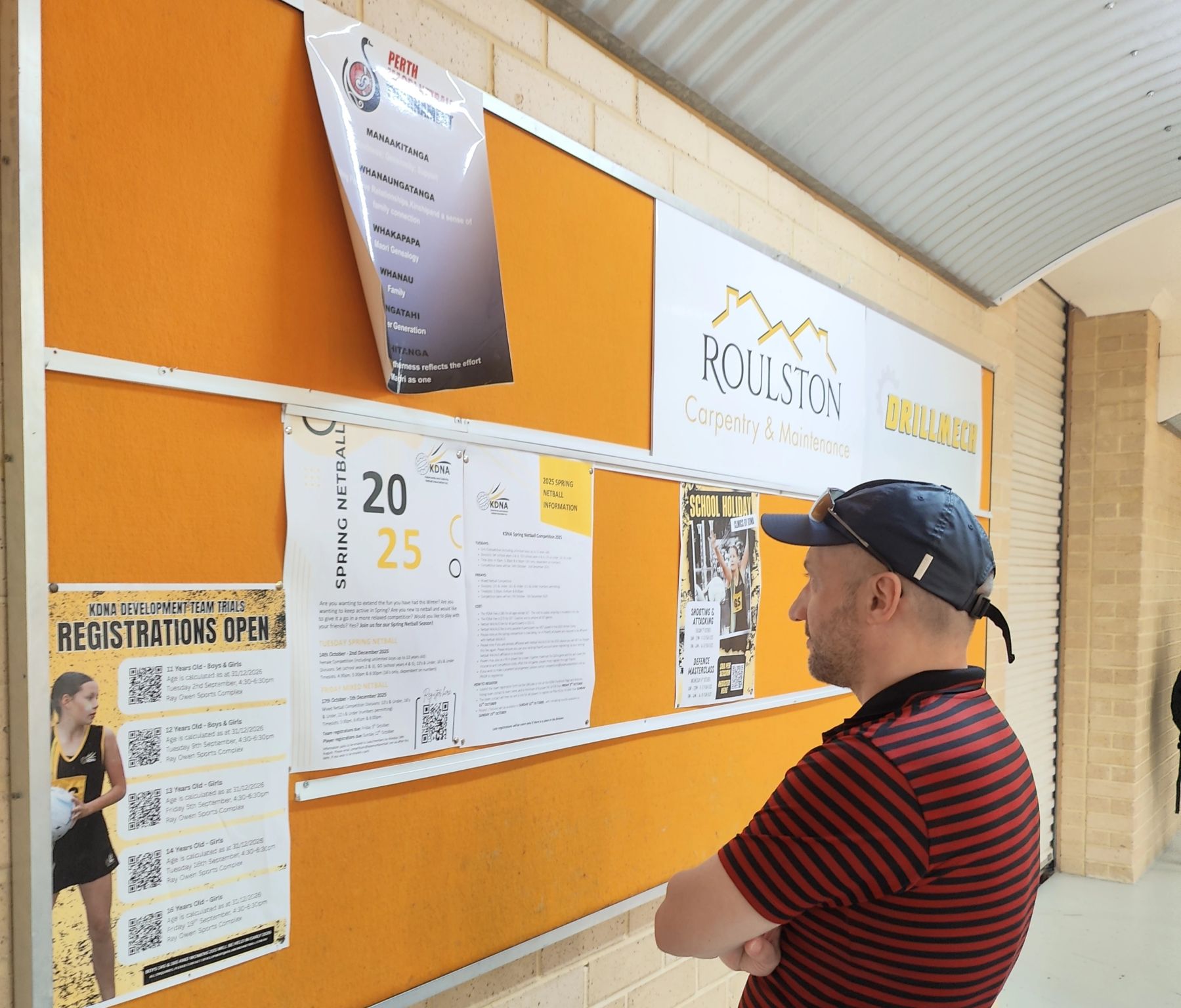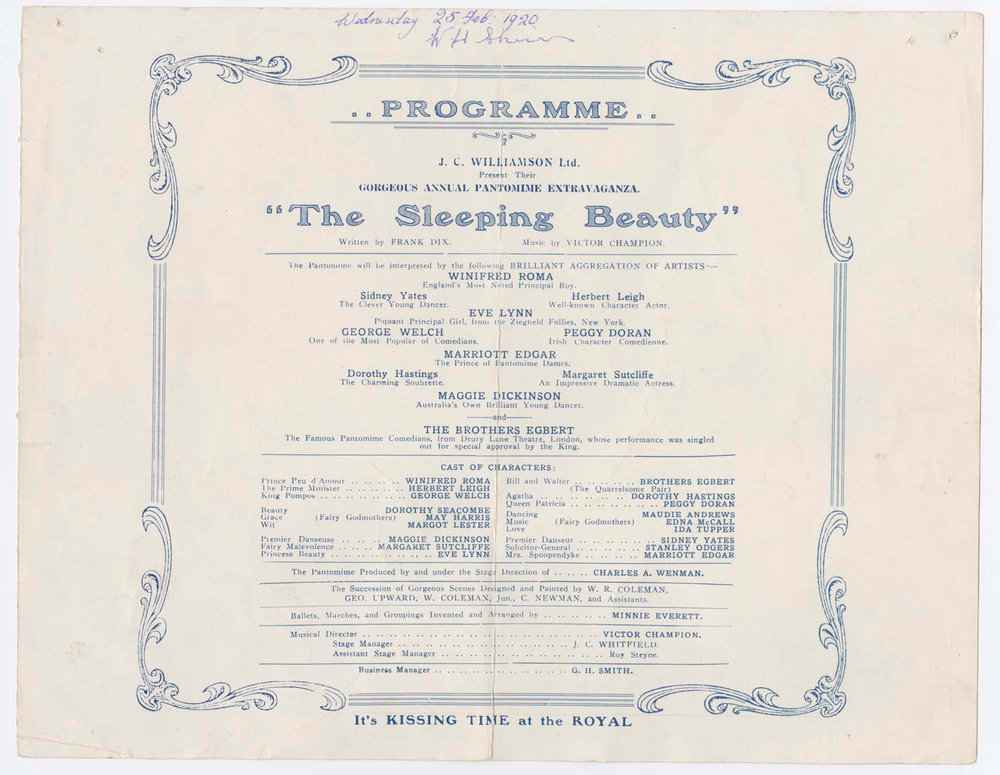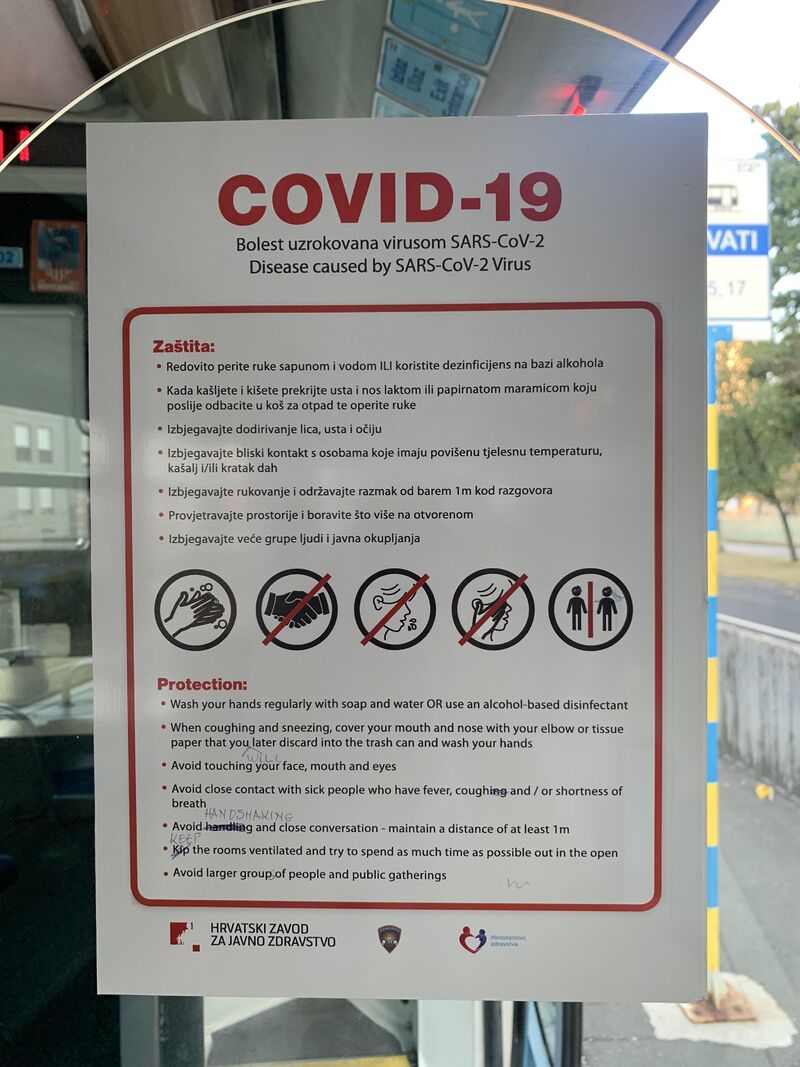If it's not on, it's not on!
Well, yeah!
This was the slogan for an Australian safe sex campaign in the early 1990s.
Do you understand what’s the message here?
It’s a great example of how that bane of English-language learners, phrasal verbs, can have several meanings depending on context, especially in colloquial language like this.
The big question is what 'it' means here.
‘To not be on’ can mean:
🚫 A physical item is not being worn
e.g. The condom is not on
🚫 An act or behaviour is unacceptable or not permitted
e.g. Having unprotected sex is not on
🚫 An event or action is not happening or occurring
e.g. The concert is not on
But with this slogan, it means that sexual intercourse will not be occurring.
👉 So 'if it's not on, it's not on' means: If no condom is worn, then that's not acceptable behaviour and/or no sexual intercourse will be happening.
An additional meaning not covered in this slogan is:
🚫 An electricity-powered item is not operating
e.g The computer is not on
💡 For you English primary speakers, be careful when using phrasal verbs with people who have English as an additional language. Context is key here!
This slogan was clearly aimed at Australians, and to great effect, but would this work for a wider audience?
Unlikely 👎
So there are two takes here.
✅ If targeting the Australian market, colloquial language and word plays like this work wonders!
✅ If aiming for a wider, more international audience – one that does not necessarily have English as its primary language – best to use more specific and defined verbs to convey your message more clearly.
If you want your message to appeal to your Australian audience, talk to me! Email me at info@nicknasev.com and let's discuss how I can help you.


























































































.%20A%20day%20of%20campaigning%20%E2%99%80%20%E2%80%A6%20or%20a%20day%20to%20buy%20flowers%20%F0%9F%92%90.jpg)
































































































